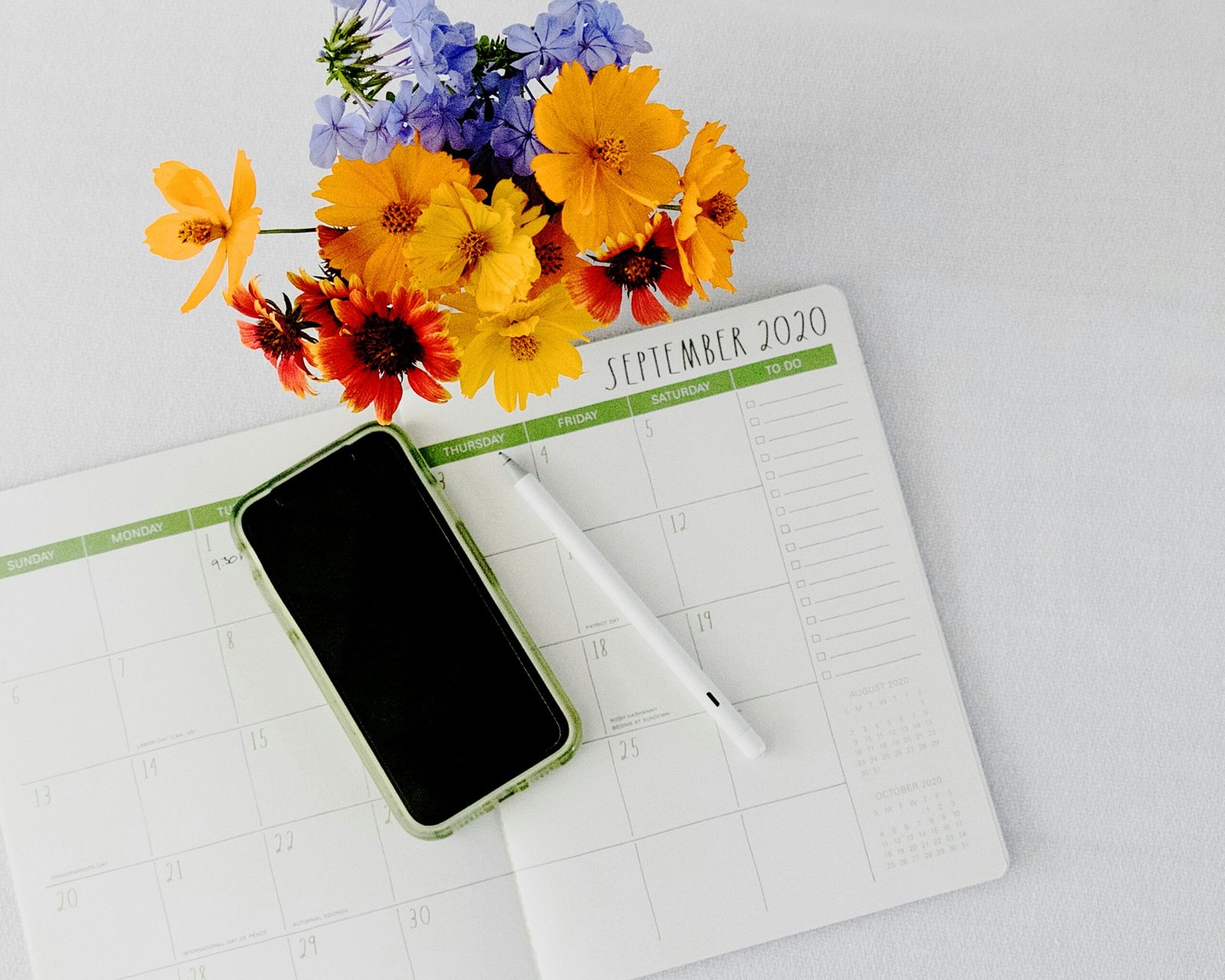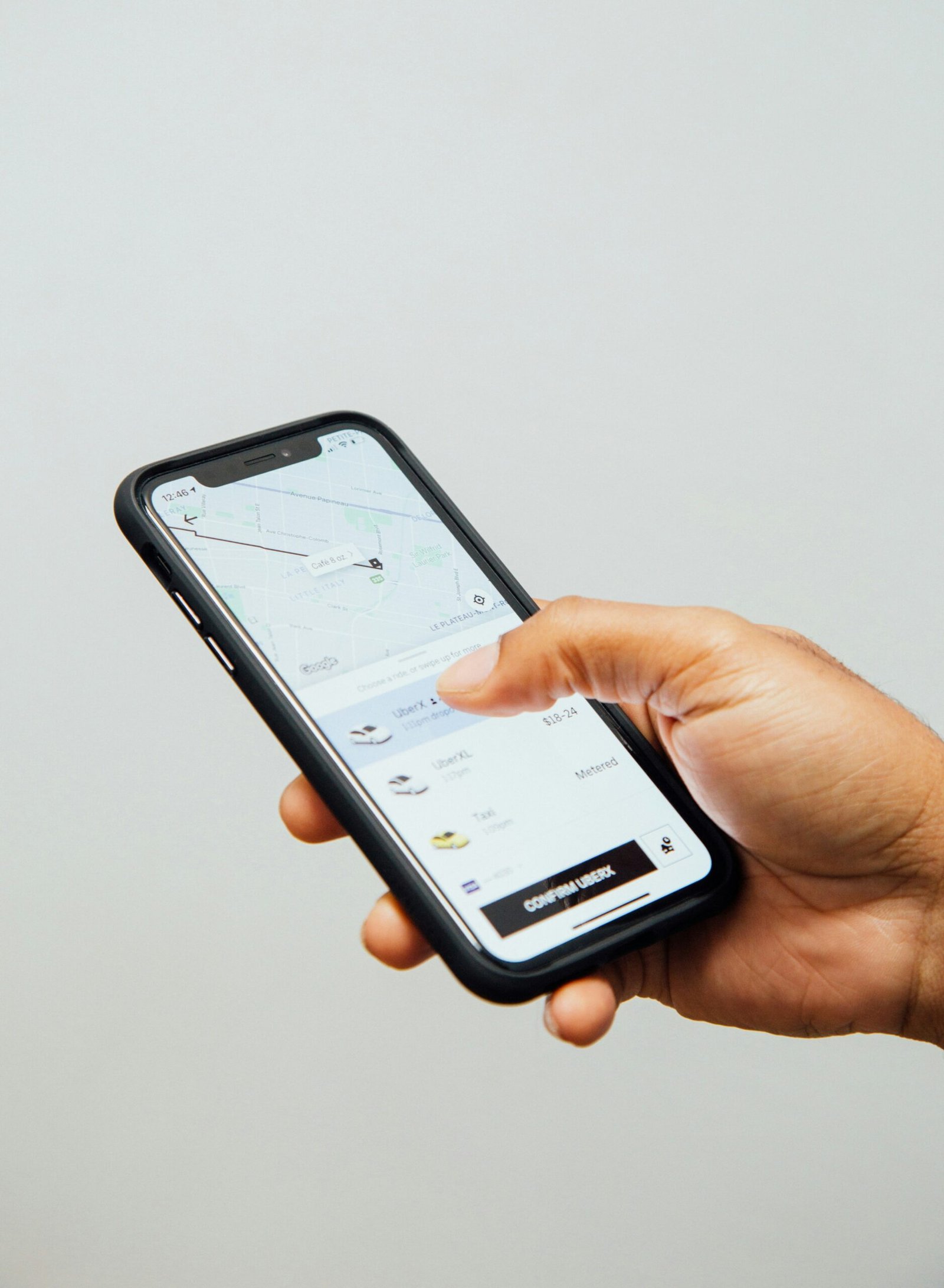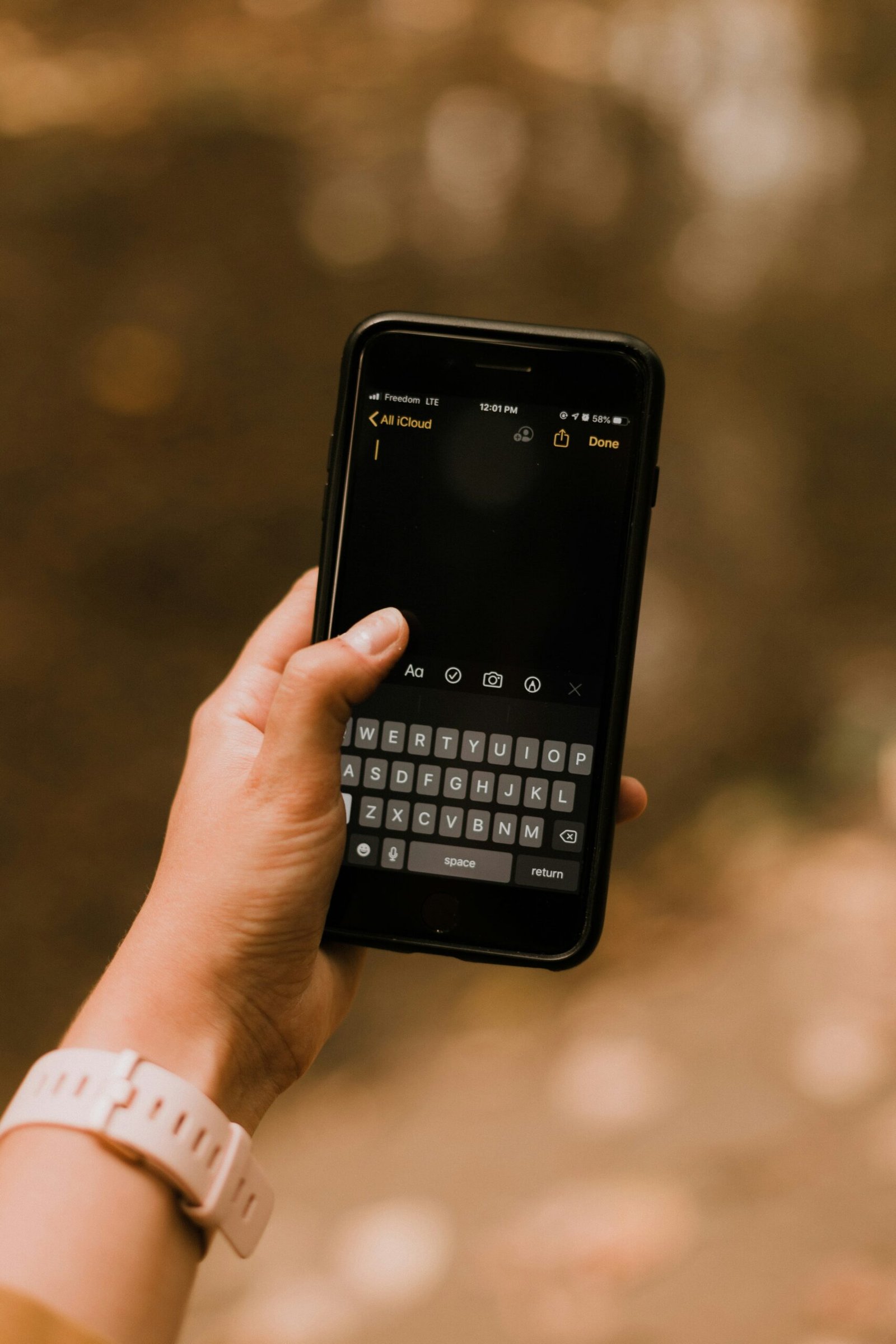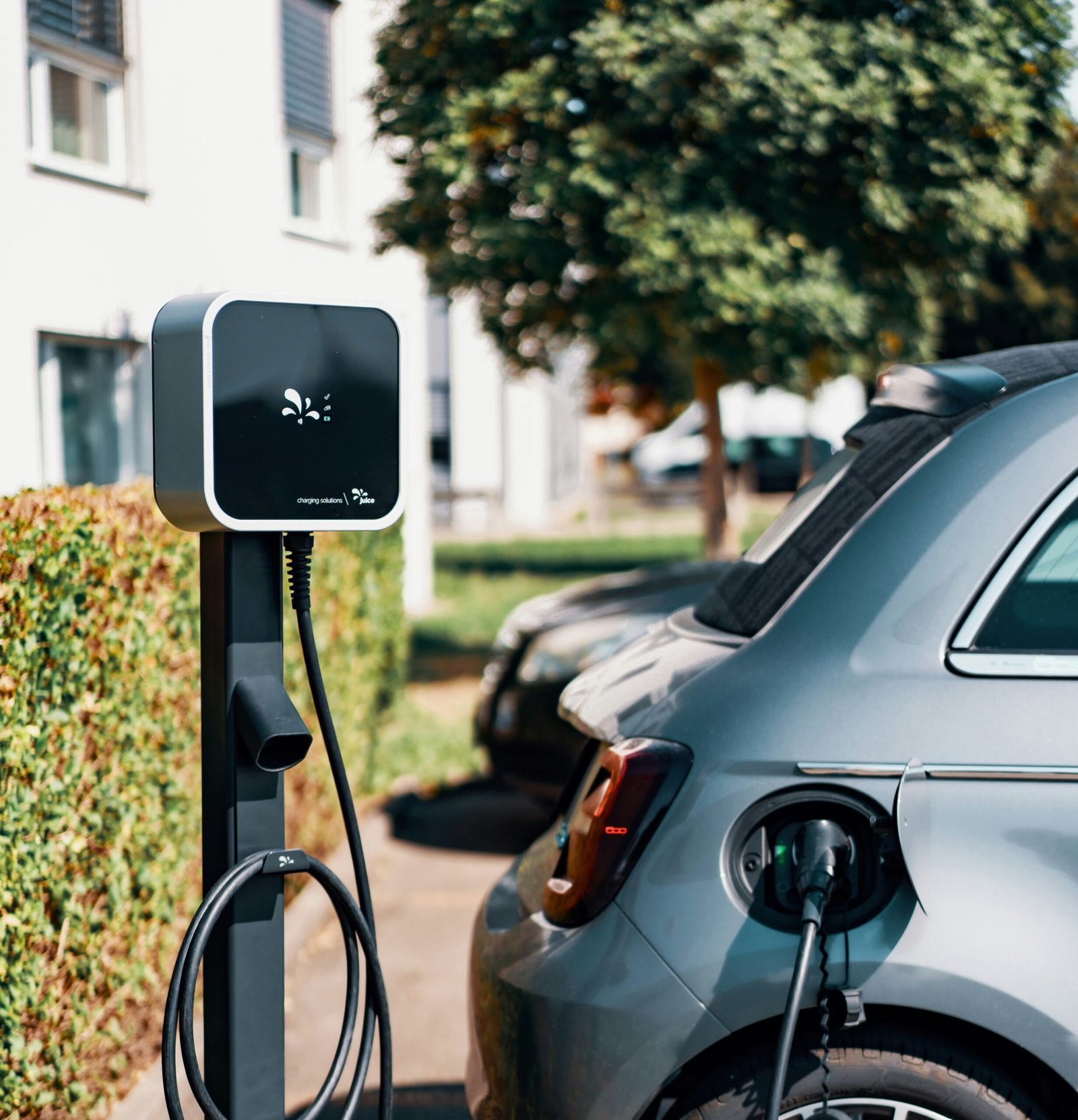Does iPhone Charge Faster When Off?
Have you ever wondered whether your iPhone charges faster when it’s turned off? Many people believe that turning off your phone while charging can speed up the process. In this article, we will take a closer look at whether this is true, and if there are any other tips and tricks to speed up the charging process of your iPhone.

Charging Speeds of iPhones
Let’s first delve into the usual charging speeds of iPhones. iPhones come with different models and chargers, and the charging time may vary depending on these factors. Generally, iPhones with larger battery capacities, such as the iPhone 12 Pro Max, will take longer to charge compared to smaller models like the iPhone SE.
Factors Affecting Charging Speeds
Factors such as the battery capacity, charger wattage, and charging cable quality can affect the charging speed of your iPhone. A higher wattage charger will generally charge your phone faster, while a poor-quality charging cable may slow down the charging process.
Does Turning Off Your iPhone Make It Charge Faster?
There is a common misconception that turning off your iPhone will make it charge faster. However, this is not entirely true. While turning off your phone can reduce power consumption, the difference in charging speed when the phone is on or off is minimal.
Charging Time When iPhone is On vs. Off
In a test conducted by tech experts, it was found that charging an iPhone with the device turned off only saved a few minutes compared to charging it with the device turned on. The difference was not significant enough to make turning off your iPhone a necessary step to speed up the charging process.
Best Practices for Faster Charging
Instead of turning off your phone, there are other tips you can follow to speed up the charging time of your iPhone. Here are some best practices to consider:
- Use a higher wattage charger: Using a charger with a higher wattage can significantly reduce the charging time of your iPhone.
- Opt for a quality charging cable: A good quality charging cable can ensure efficient power transfer and faster charging speeds.
- Avoid using wireless chargers: While convenient, wireless chargers may take longer to charge your iPhone compared to a wired connection.

Charging Your iPhone Overnight
Many people have the habit of charging their iPhones overnight to have a full battery in the morning. However, there is a common concern about overcharging and damaging the battery by leaving it plugged in for an extended period.
Is Overcharging a Concern?
Contrary to popular belief, overcharging your iPhone is not a significant concern. iPhones are equipped with built-in mechanisms to prevent overcharging, so leaving your phone plugged in overnight is safe for the battery.
Best Practices for Overnight Charging
While overcharging is not a major issue, there are still some best practices to follow when charging your iPhone overnight:
- Use a reputable charger: Make sure to use the original charger that came with your iPhone or a certified third-party charger to avoid any charging issues.
- Keep the phone cool: Avoid placing your phone on a soft surface like a bed or pillow when charging overnight, as it can cause your device to overheat.
Battery Health and Charging Habits
Your charging habits can have a significant impact on the overall health of your iPhone’s battery. Knowing how to properly charge and maintain your battery can help prolong its lifespan and ensure optimal performance.
Charging Cycles and Battery Degradation
Each time you charge your iPhone, it goes through a charging cycle. Over time, these charging cycles can contribute to battery degradation, affecting the overall capacity and performance of your battery.
Tips for Battery Health
To maintain the health of your iPhone’s battery, here are some tips to keep in mind:
- Avoid frequent topping up: It’s best to let your battery go below 20% before recharging to avoid unnecessary charging cycles.
- Unplug when fully charged: Once your iPhone reaches 100% battery, unplug it to prevent overcharging and prolong the battery lifespan.

Fast Charging vs. Regular Charging
With the advancement of technology, many smartphones, including iPhones, now support fast charging capabilities. But what exactly is fast charging, and how does it differ from regular charging?
Understanding Fast Charging
Fast charging is a technology that allows your device to charge at a much faster rate compared to regular charging. This is achieved by increasing the voltage and amperage of the charger, speeding up the charging process.
Pros and Cons of Fast Charging
While fast charging offers the convenience of quick charging times, there are some pros and cons to consider:
- Pros: Faster charging speeds, convenient for emergencies or when time is limited.
- Cons: Increased heat generation, which can affect battery health over time.
Conclusion
In conclusion, while turning off your iPhone may have a minimal impact on charging speed, there are other factors to consider when aiming for faster charging times. By following best practices such as using a higher wattage charger and quality charging cable, you can optimize the charging process of your iPhone without the need to turn it off. Additionally, understanding how charging habits and technologies like fast charging can affect your battery health can help you make informed decisions when it comes to charging your iPhone. Remember to follow the guidelines mentioned in this article to ensure the longevity and optimal performance of your iPhone’s battery.








